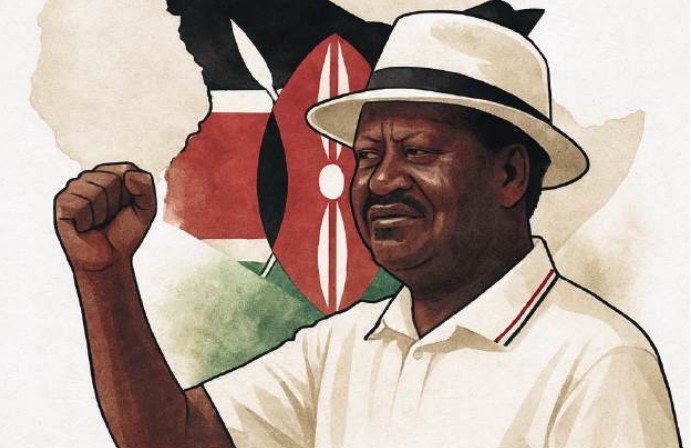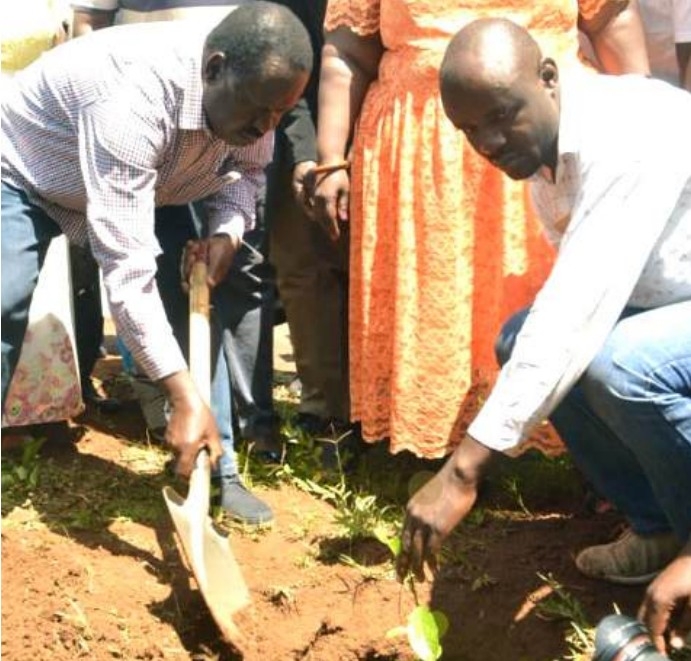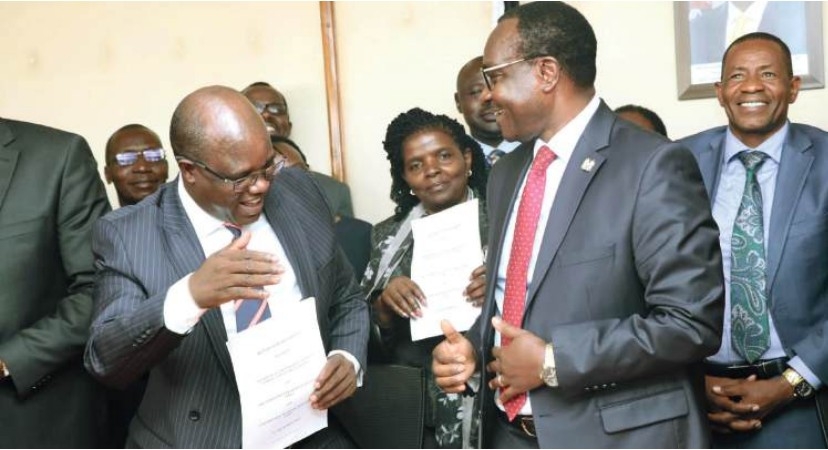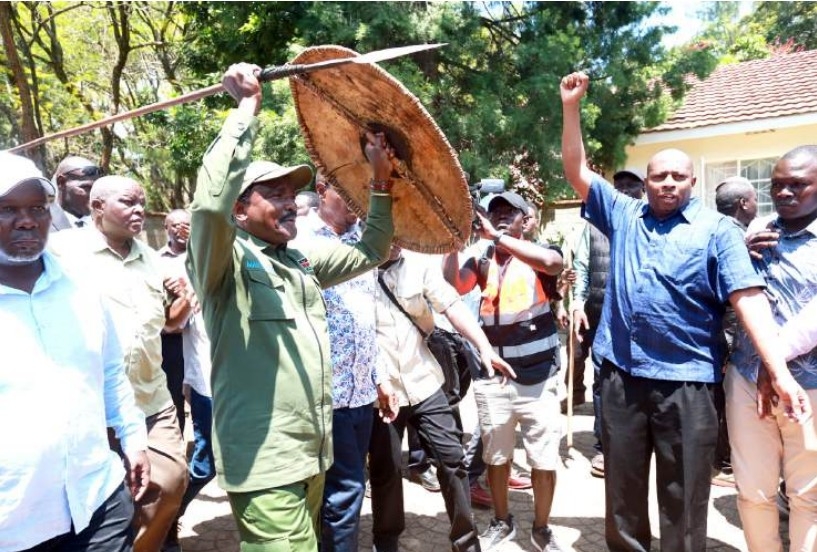Every now and then, a relatively minor news item is published in a national newspaper that has significance well beyond that news story.
One such story was recently published in the Star. It was written by Manuel Odeny and published under the headline 'Why Migori town traders shy away from Sh133m market'.
He wrote of how “A multimillion-shilling market built by the World Bank in Migori town has remained underutilised over a year after its completion.”
And this was not just some carelessly erected structure. As befits a facility with the weight and prestige of the World Bank behind it, “The market has a capacity to host 420 traders, with installed storage facilities…over 1,000-litre underground water tank, high mast security light and proper waste disposal system.”
And when first “launched” back in July 2022, there was indeed intense competition for those modern market stalls: the writer pointed to a “scramble for the stalls…marred by politics and claims of nepotism”.
You would think this was a model development project: the street hawkers of Migori being moved out of the jam-packed dusty pavements of the central business district – such as it is – and given a clean and hygienic location from which to conduct their business.
Out of the crooked timber of humanity, no straight thing was ever made.
But it did not work out because those who tried to operate on that location found that “sales were low” compared to what they could get hawking their wares informally on the streets of Migori.
This kind of project actually provides one of my favourite examples of why it is so difficult to create any meaningful prosperity at the grassroots.
And this story is of course repeated all over the country: the promise of a 'modern market' is one which even presidential candidates are likely to make during their campaigns. And certainly, the various candidates for governor almost seem to feel obliged to promise such markets.
What is interesting is that when this modern market is still in the construction phase, the public may even feel grateful for this sign that “development” is at hand.
In this specific case, there was even an element of suspected corruption in the distribution of the stalls, suggesting that demand greatly exceeded supply. And those reported to have struggled to have these stalls allocated to them, in order that they should then lease 'their stall' to genuine traders, obviously saw this as a gleaming economic opportunity.
But the result is always the same: when hawkers (whether 'renters' or 'owners') try to move away from street pavements and stock their new stalls, away from the town centre, they find that they are mostly sitting idle all day.
So, what lesson does this carry for us?
First, from the perspective of the ordinary Kenyans who struggle to make a living under very difficult circumstances – waking up daily to go out and acquire some trinkets or maybe second-hand clothes to hawk in the streets and who dream of one day owning a small shop.
For such people, the lesson is that what might well make you money (ie, dodging county askaris on the dusty streets in the CBD) and what you may prefer doing (ie, sitting in a clean well-appointed stall at a modern market waiting for customers) are two completely different things. And most of us will very often confuse what is convenient for us, with what will work in the real world.
And then there is the perspective of the leaders who 'launch' such projects with much fanfare, as they hope for clean and orderly streets: It is easy to dream of the day when Kenya will in some way resemble Singapore in its development status, but to actually chart a path to such widely shared prosperity is no easy task.
Finally, for the World Bank technocrats who, seated in their air-conditioned offices in the capital city, approve the funding of such projects, out of a belief that they are engaged in a process that will usher in 'transformational change' and bring about notable economic development.
To them, I would quote the 19th-century German philosopher Immanuel Kant: “Out of the crooked timber of humanity, no straight thing was ever made.”














![[PHOTOS] How ODM@20 dinner went down](/_next/image?url=https%3A%2F%2Fcdn.radioafrica.digital%2Fimage%2F2025%2F11%2F99d04439-7d94-4ec5-8e18-899441a55b21.jpg&w=3840&q=100)

